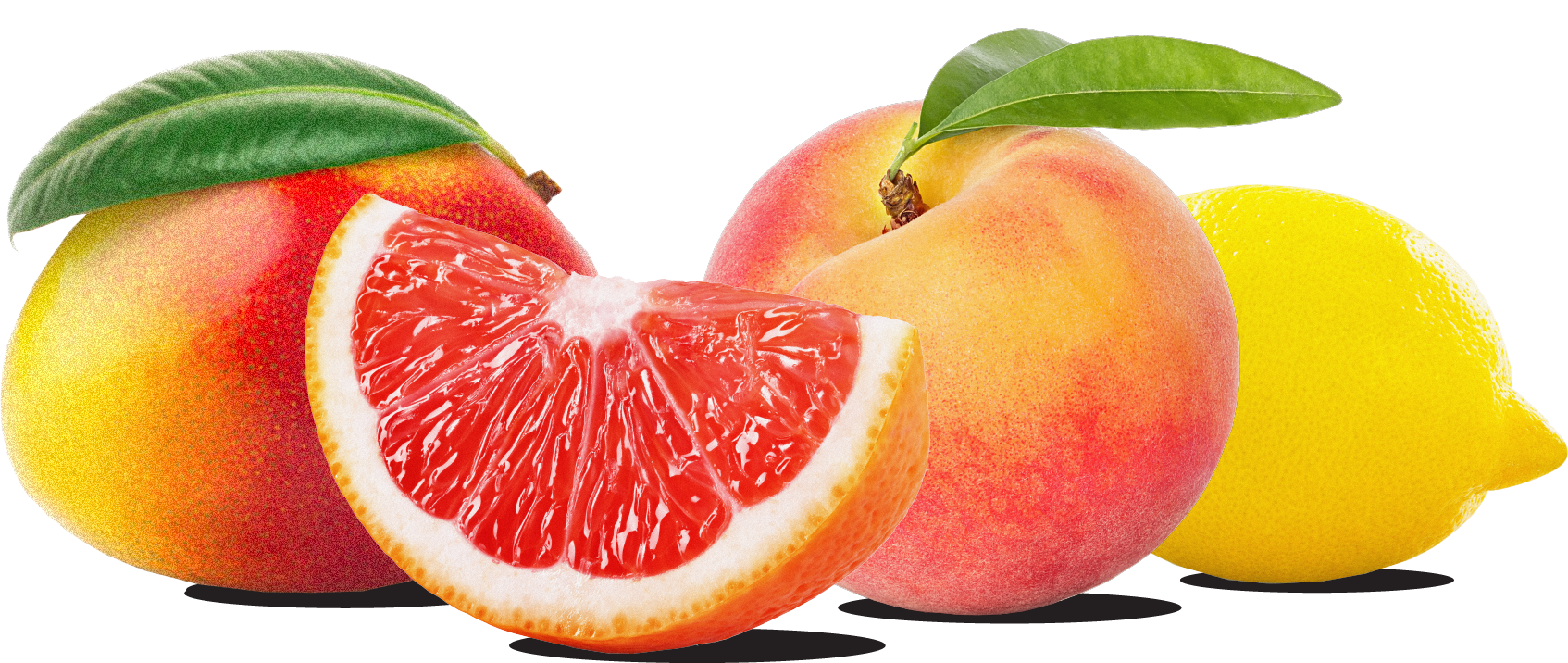Get Sugar Smart
Looking for a go-to sugar alternative? Let’s talk about how we switch up our consumption of the sweet stuff and what options are available to achieve a healthy balanced diet.
Sugar is always a hot topic, in recent years more and more research has explored the negative impact of excess sugar on our health. It is not only the effect on our waistline that we need to consider, sugar has been linked to the development of conditions such as obesity, diabetes, heart and dental disease.
The NHS says that up to 10 teaspoons of added sugar per day is okay, while the World Health Organisation recommends no more than 6 teaspoons, so there are mixed messages, and with sugar as an added ingredient in a wide range of different foods, from the obvious sweets and chocolate to cereals, soups and sauces many of us have no idea how much we’re consuming.
With this in mind, we wanted to share some sweet alternatives to help you swot up on your sugar knowledge and make more mindful choices when trying to reduce your sugar consumption.
Coconut sugar – has become very popular sugar alternative to its unprocessed nature. Extracted from the sap of the coconut palm it contains iron, zinc, calcium, potassium, and some antioxidants. It is also a source of fibre (inulin) which gives it a lower glycaemic index than sugar and may help to feed the healthy bacteria in your gut. However, you won’t be making any calorie savings as it contains the same number per serving as regular sugar and is also high in fructose. It can be used in the same way as normal sugar – so moderation is key.

Stevia – is a natural plant-based sweetener extracted from the leaves of the South American shrub Stevia rebaudiana. It can be up to 350 times sweeter than sugar yet remains calorie-free. Stevia has not been shown to impact blood glucose balance and has been linked to health benefits such as lowered blood sugar and blood pressure. However, it is not to everyone’s taste and some people find it slightly bitter. It is available in powdered or liquid form and used as you would sugar but remember it is a lot sweeter so use sparingly.
Honey – produced by bees, natural honey has a wealth of health benefits, it contains protective antioxidants and flavonoids and certain types of honey such as manuka have been traditionally used for its antibacterial properties, while local honey may also help to manage symptoms associated with hay fever. However, although honey provides valuable nutrients in comparison to refined white sugar it is still high in sugar itself, high in calories and should be used sparingly.

Xylitol – is a sugar alcohol extracted from corn or birch wood and found in many fruits and vegetables. It has a sweetness similar to sugar but with 40% fewer calories, containing 2.4 calories per gram. Like stevia, xylitol does not affect blood glucose levels and has been linked to health benefits such as improved dental health. Is a popular alternative to sugar in baking and widely available in powdered form.
NB – don’t feed your dog any cake crumbs made with xylitol, it can be highly toxic for them!
Maple syrup – is made from the sap of maple trees, like coconut sugar and honey it is a source of nutrients including calcium, zinc and manganese. However, while it has a lower glycaemic index than sugar and will not raise blood glucose to the same extent, it is high in calories and like other natural sugars should be enjoyed as a treat rather than as part of your daily diet.

Sucralose – is an artificial sweetener made from regular sugar that is used in a wide range of food and drinks as a zero-calorie sugar replacement, however, it is around 600 times sweeter than sugar so a lot less is needed. Sucralose is not metabolised by the body and has not been shown to have a negative impact on body weight. Unlike some other sweeteners, it does not have a bitter aftertaste, however, this is not one to use in high heat cooking or baking as it can be damaged at high temperatures.
Erythritol – is another sugar alcohol found naturally in certain fruits. It contains about 6% of the calories in an equal amount of sugar (approximately 0.24 calories per gram), with 70% of the sweetness. There are no known health benefits for this sugar alternative, but it is considered very safe as it does not disrupt blood glucose levels and is excreted from the body unchanged. However, as with other sugar alcohols like xylitol, it may cause digestive discomfort if consumed in excess. Erythritol tastes very much like sugar and powdered erythritol is another popular substitute in baking.

Aspartame – is made of two amino acids aspartic acid and phenylalanine. There is a lot of negative press around aspartame, this is because even though it is an approved sweetener and used in many food and drink products there have been various studies suggesting links to blood sugar disruption and some inflammatory disorders, though it is worth pointing out that you would need to consume a huge amount for it to have a negative impact on your health. Due to the phenylalanine content, aspartame is best avoided by people with kidney issues or on certain medications.
Want to learn more about where added sugar might be creeping into your diet? Check out this easy to read guide by the NHS which outlines the top source of added sugar in everyday products!
At Get More Vits, we avoid using sugar in all of our products to ensure they are as healthy as possible. To learn more about our range and the Vitamins we have an offer, click here.

